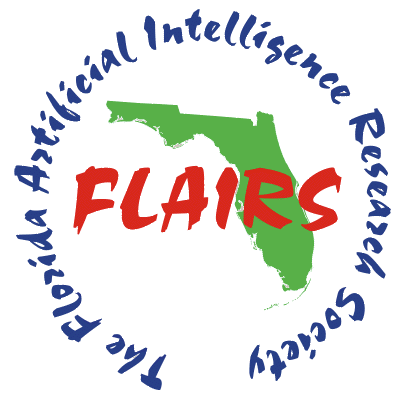Minimizing Negative Side Effects in Cooperative Multi-Agent Systems using Distributed Coordination
DOI:
https://doi.org/10.32473/flairs.37.1.135573Keywords:
Multi-agent SystemAbstract
Autonomous agents operating in real-world environments frequently encounter undesirable outcomes or negative side effects (NSEs) when working collaboratively alongside other agents. Even when agents can execute their primary task optimally when operating in isolation, their training may not account for potential negative interactions that arise in the presence of other agents. We frame the challenge of minimizing NSEs as a lexicographic decentralized Markov decision process in which we assume independence of rewards and transitions with respect to the primary assigned tasks, but recognize that addressing negative side effects creates a form of dependence among the agents. We present a lexicographic Q-learning approach to mitigate the NSEs using human feedback models while maintaining near-optimality with respect to the assigned tasks---up to some given slack. Our empirical evaluation across two domains demonstrates that our collaborative approach effectively mitigates NSEs, outperforming non-collaborative methods.
Downloads
Published
How to Cite
Issue
Section
License
Copyright (c) 2024 Moumita Choudhury, Sandhya Saisubramanian, Hao Zhang, Shlomo Zilberstein

This work is licensed under a Creative Commons Attribution-NonCommercial 4.0 International License.


